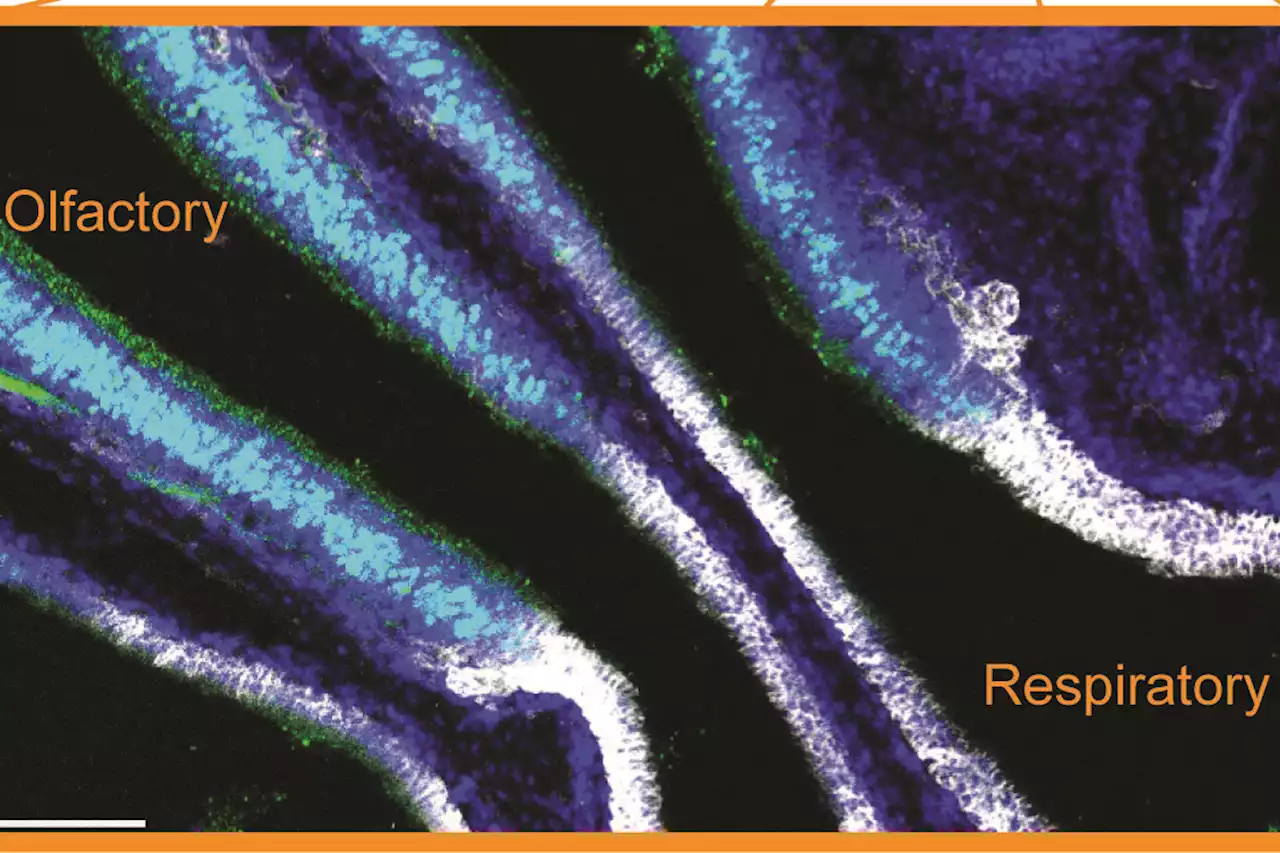How an addicted brain works yale
develops when the pleasure circuits in the brain get overwhelmed, in a way that can become chronic and sometimes even permanent. This is what's at play when you hear about reward"systems" or"pathways" and the role of dopamine when it comes to addiction. But what does any of that really mean?, developed as a way to reinforce behaviors we need to survive—such as eating.
When a person develops an addiction to a substance, it's because the brain has started to change. This happens because addictive substances trigger an outsized response when they reach the brain. Instead of a simple, pleasurable surge of dopamine, many drugs of abuse—such as opioids, cocaine, or nicotine—cause dopamine to flood the reward pathway, 10 times more than a natural reward.The brain remembers this surge and associates it with the addictive substance.
Addiction can also cause problems with focus, memory, and learning, not to mention decision-making and judgment. Seeking drugs, therefore, is driven by habit—and not conscious, rational decisions. Unfortunately, the belief that people with addictions are simply making bad choices pervades. Furthermore, the use of stigmatizing language, such as"junkie" and"addict" and getting"clean," often creates barriers when it comes to accessing treatment. There's also stigma that surroundsThough treatment modalities differ based on an individual's history and the particular addiction he or she has developed, medications can make all the difference.
South Africa Latest News, South Africa Headlines
Similar News:You can also read news stories similar to this one that we have collected from other news sources.
 Ketamine, psilocybin and ecstasy are coming to the medicine cabinetPsychedelics have a history which is probably longer than that of civilisation. They have powerful effects on the brain and their lore is rich in anecdotes about effects on mental health, some for better and some for worse
Ketamine, psilocybin and ecstasy are coming to the medicine cabinetPsychedelics have a history which is probably longer than that of civilisation. They have powerful effects on the brain and their lore is rich in anecdotes about effects on mental health, some for better and some for worse
Read more »
 After fallow decades, neuroscience is undergoing a renaissanceMedicine has struggled to remedy the many and varied disorders of the brain. But the discoveries ahead will change minds and lives
After fallow decades, neuroscience is undergoing a renaissanceMedicine has struggled to remedy the many and varied disorders of the brain. But the discoveries ahead will change minds and lives
Read more »
 Newly discovered barrier prevents immunity from reaching smell-sensing cellsDuke scientists have identified a previously unknown barrier that separates the bloodstream from smelling cells in the upper airway of mice, likely as a way to protect the brain.
Newly discovered barrier prevents immunity from reaching smell-sensing cellsDuke scientists have identified a previously unknown barrier that separates the bloodstream from smelling cells in the upper airway of mice, likely as a way to protect the brain.
Read more »
